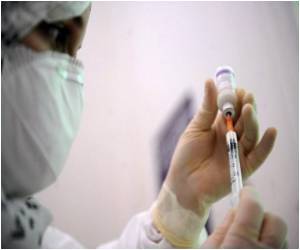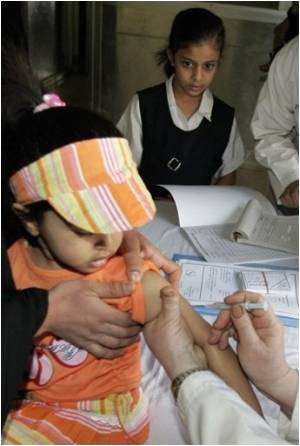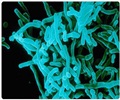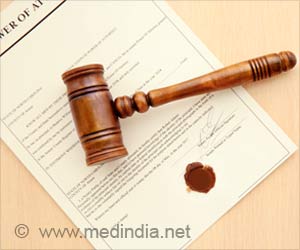Andrew Wakefield, the disgraced doctor who claimed a link between MMR and autism, planned secret businesses intended to make huge sums of money.

Drawing on investigations and documents obtained under the Freedom of Information Act, the report shows how Wakefield's institution, the Royal Free Medical School in London, supported him as he sought to exploit the MMR scare for financial gain.
It reveals how Wakefield met with medical school managers to discuss a joint business even while the first child to be fully investigated in his research was still in the hospital, and how just days after publication of that research, which triggered the health crisis in 1998, he brought business associates to the Royal Free to continue negotiations.
One business, named after Wakefield’s wife, intended to develop Wakefield’s own “replacement” vaccines, diagnostic testing kits and other products which only stood any real chance of success if public confidence in MMR was damaged.
Documents reveal the planned shareholdings of Wakefield and his collaborators, and how much Wakefield expected to receive personally. Financial forecasts made available for the first time today show Wakefield and his associates predicting they could make up to £28 million ($43,367,082; €33,290,350) a year from the diagnostic kits alone.
“It is estimated that the initial market for the diagnostic will be litigation driven testing of patients with AE [autistic enterocolitis] from both the UK and the USA,” said a 35 page “private and confidential” prospectus obtained by Deer, aimed at raising an initial £700,000 from investors. “It is estimated that by year 3, income from this testing could be about £3,300,000 rising to about £28,000,000 as diagnostic testing in support of therapeutic regimes come on stream.”
Advertisement
Source-BMJ













